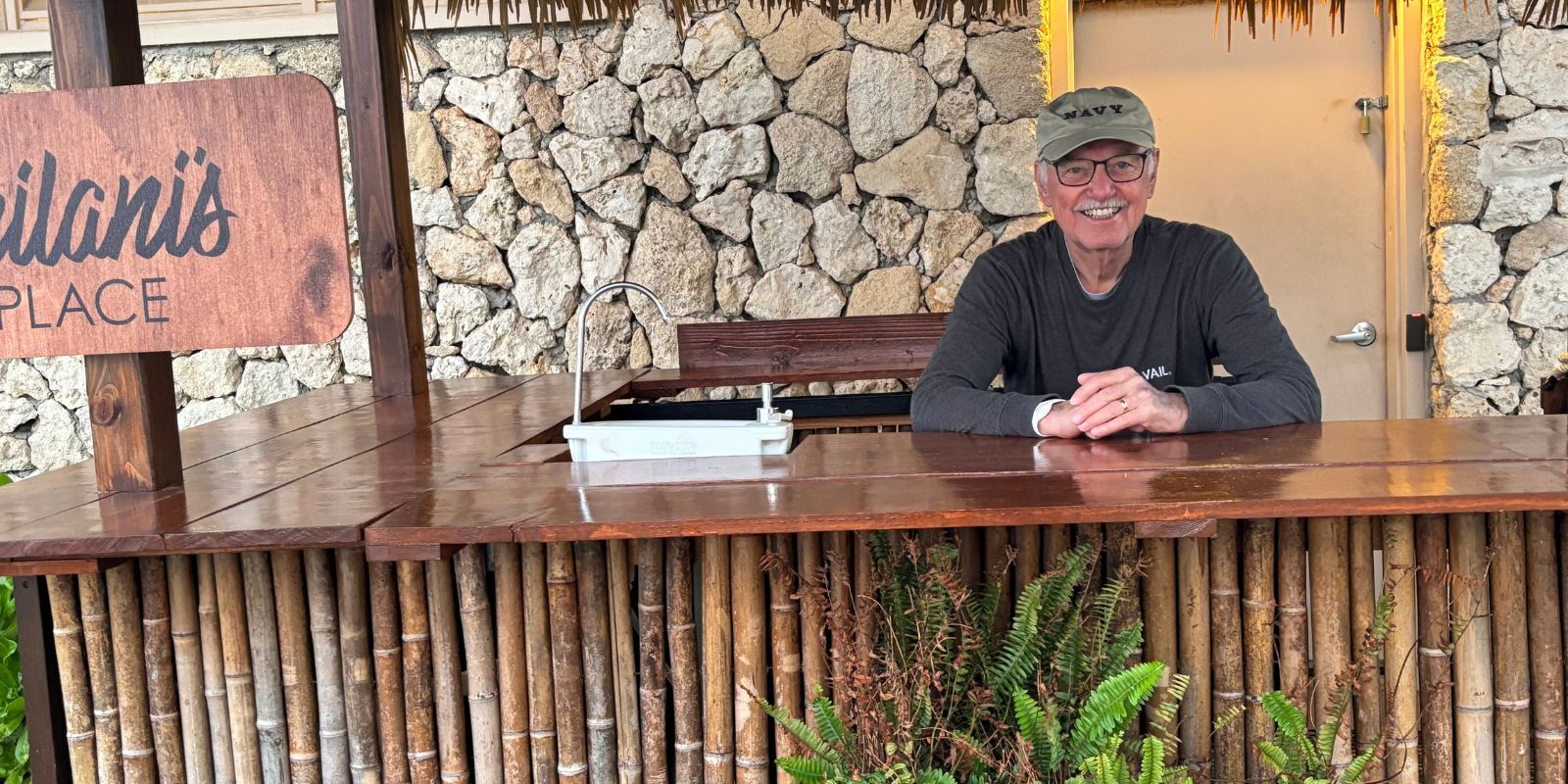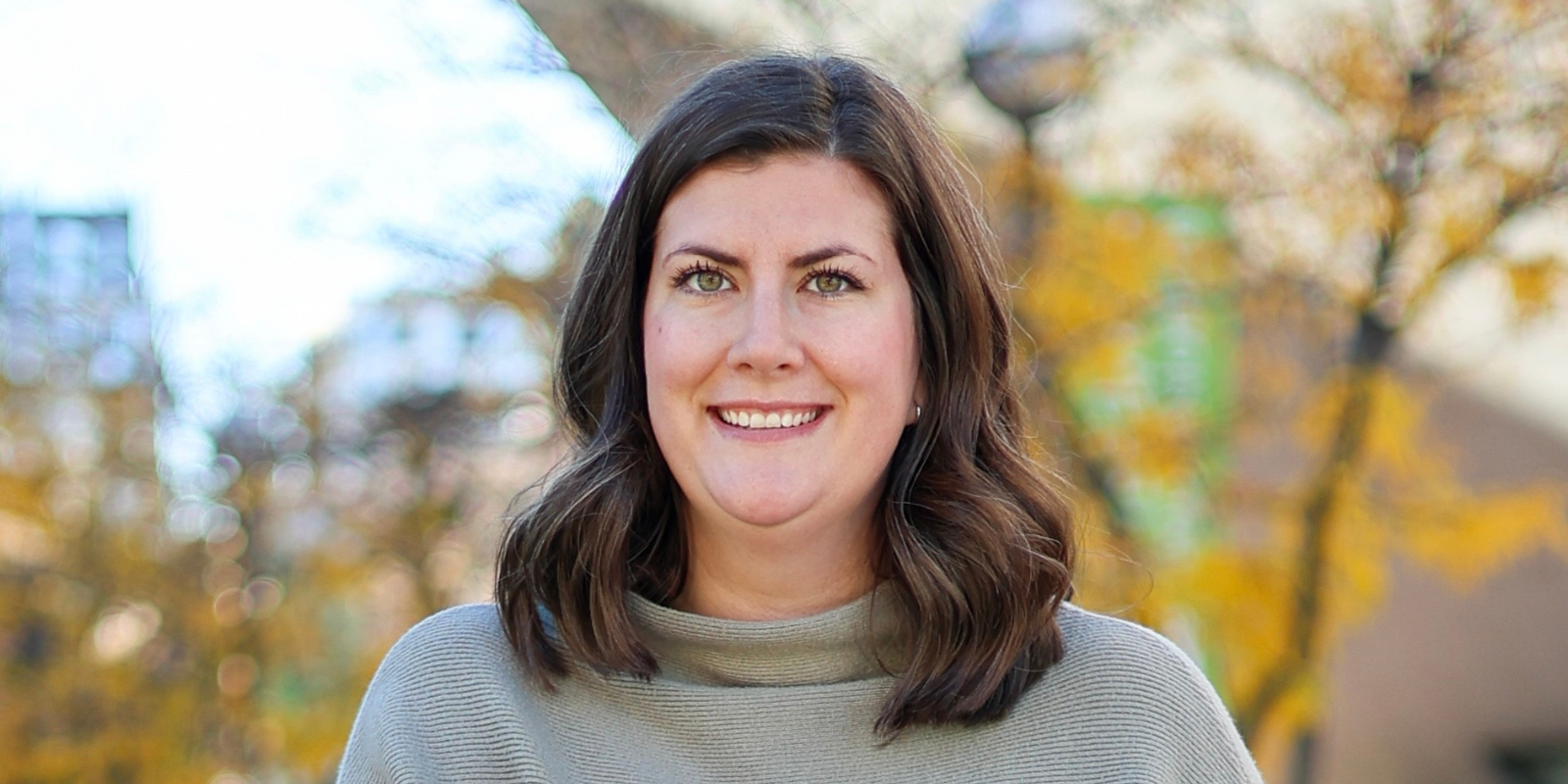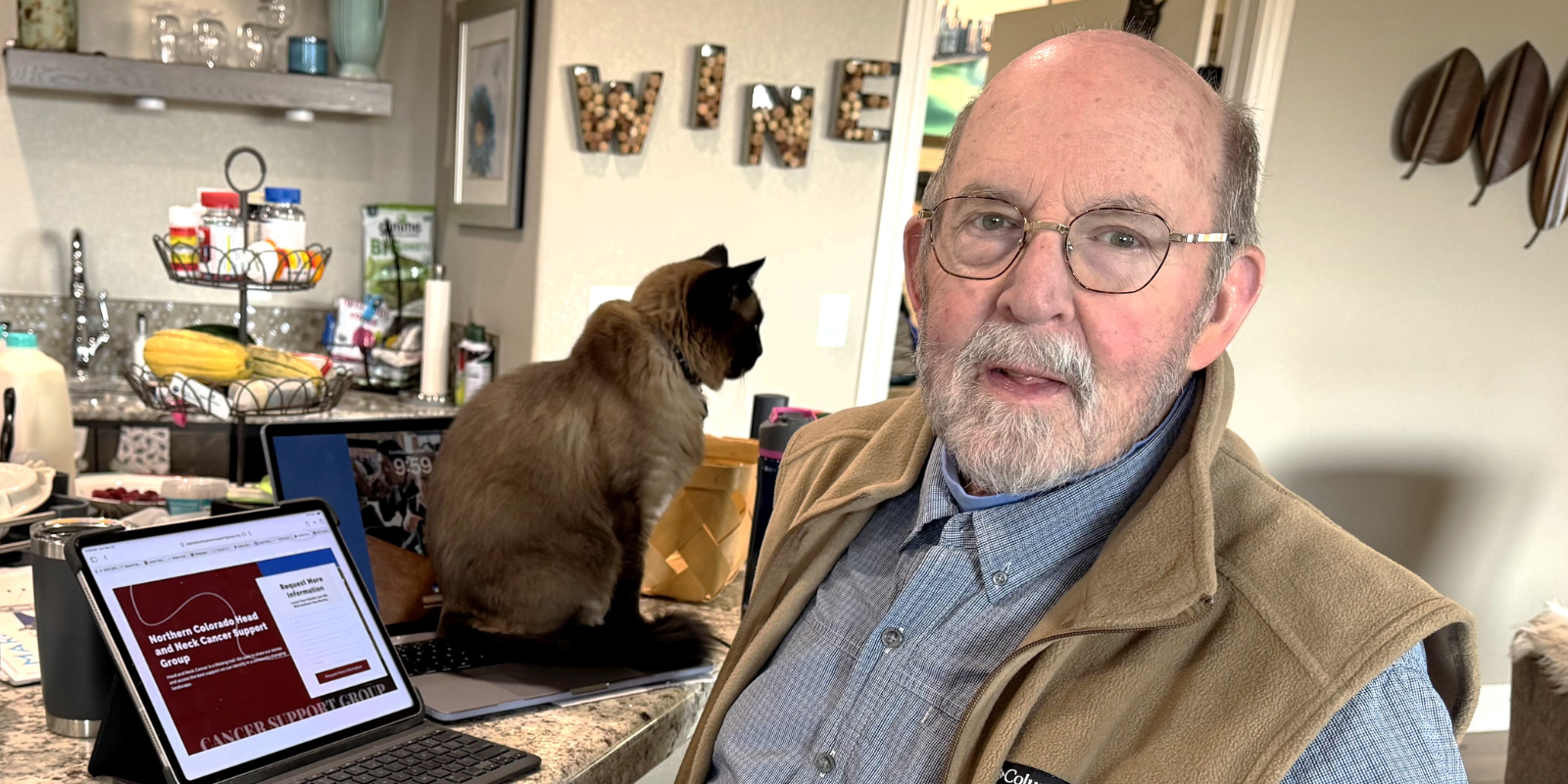Mandy Erwin had experienced heartburn before, but never like this.
It was fall 2020, and Erwin had just co-hosted a family reunion with her sister and mother. As the festivities were dying down, “I was like, my gosh, I'm really bloated, and I have the worst heartburn I've ever had,” Erwin recalls. “It wouldn't go away. It wasn’t normal bloating. I knew something was going on."
Erwin’s primary care doctor agreed and ordered a CT scan. The imaging test showed a mass in Erwin’s esophagus, and she was quickly diagnosed with esophageal cancer. She was referred to a small suburban cancer center, but after a frustrating experience attempting to connect with a provider there, Erwin and her husband came to the University of Colorado Cancer Center, where they met with a multidisciplinary team led by Elizabeth David, MD, and Benedetto Mungo, MD, and coordinated by Megan Marsh, PA-C.
Multidisciplinary advantage
In the CU Cancer Center’s multidisciplinary clinic for esophageal and gastric cancer, patients are evaluated in one day by all of the specialists who take care of that specific cancer. A multidisciplinary team may include surgical oncologists, medical oncologists, radiation oncologists, pathologists, dietitians, genetic counselors, and more.
After a patient is evaluated, the entire team of specialists comes together to discuss the best treatment plan for the patient.
“Within three days, I met with five doctors,” Erwin says. “I love the multidisciplinary approach for this cancer. I'd never heard of that before, and I don't know why we don't tackle all diseases that way. It makes such sense. I sat there in an office and saw a surgeon, a radiologist, an oncologist — they all talked to me, and I felt like, ‘OK, I'm in the right place.’”
Before, during, and after surgery
The CU Cancer Center providers put Erwin on a course of chemotherapy and radiation to shrink her tumor and eradicate any remaining cancer in her bloodstream before performing an esophagectomy — a surgery to remove her esophagus.
“That surgery involves two full surgical teams — a thoracic team and an abdominal team — and it was all done minimally invasively,” Erwin says. “Afterward, nothing could pass my lips for seven days, not even water. They told me that the junction they stitch together between the stomach and the esophagus works better if you don't drink anything. It was hard to not drink water or even swallow when I brushed my teeth, but after seven days, they did a test to make sure the junction had no leaks, then I was cleared to drink things.”
Because an esophagectomy drastically alters the digestive system — surgeons fashion a new esophagus out of part of the stomach — Erwin was also on a feeding tube for a few months so her body could adjust to the new arrangement.
“We routinely place a feeding tube at the time of surgery, because that gives patients a way to get calories and nourishment as they heal,” Mungo says. “Gradually, there is a shift, and around the four- to six-week mark, when they can take the entirety of the calories by mouth, we can remove the feeding tube. We pull it out, and the hole closes.”
Back to normal
A cook, gardener, and self-proclaimed foodie, Erwin says the feeding tube was the toughest part of the entire treatment experience. Calling on her natural stubbornness, she pushed to get back to normal eating and her normal level of physical activity.
Mandy Erwin paddle boarding.
“I'm a paddle boarder, but you can't go paddleboarding with a hole that goes straight to your guts,” she says. “I really rushed them, to the point of frustration sometimes, because I was like, ‘Let's get this part over with and get this tube out. I want to be eating food again.’ Going from being able to eat anything to having to drink broth for a month, then you can have soups with some solids and applesauce and things like that — as a cook and a foodie, it was a little discouraging.”
Mungo says Erwin’s determination to get better — all with a smile on her face — helped her overall prognosis.
“As clinicians, we like to think that we make a difference, and I think we do,” he says. “But the attitude and the state of mind and the courage with which people approach their surgery, their disease, can really make it or break it. Someone who goes in with a positive attitude, wants to heal, wants to get better — it's a huge game changer.
Mental health aspect
For Erwin, another difficult part of the treatment journey for her esophageal cancer was what it did to her mental health. Fortunately, she found resources to help.
“Mental health is the hardest part,” she says. “It's not a great cancer. The statistics aren't good. People can tell you to stay off the internet, but nobody does. I had a cancer therapist who was really helpful to talk to. Having cancer is a dark thing, especially this kind of cancer, so it was nice to have somebody to talk to about the dark, deep, dark things.”
In the end, having a vehicle for processing those dark, deep things left Erwin with a sense of gratitude for her treatment and her team, which also included Elizabeth David, MD, associate professor of cardiothoracic surgery in the CU School of Medicine,
“It all helped me come out on the other side and get through all of those things,” she says.
 Mandy Erwin and her husband, Jack, in Santa Fe.
Mandy Erwin and her husband, Jack, in Santa Fe.
“With Dr. Mungo and Dr. David, I really appreciated their straightforward way of discussing things with me; no sugarcoating. I'd ask a question, and they would say, ‘Yeah, this does suck. It's just bad luck.’ They were very straightforward, and I really appreciated that.”
More than four years after her diagnosis, Erwin is eating normally again, albeit with smaller portions. She’s back to living her life the way she wants to — something that, at one point, she wasn’t sure she would ever do again.
“I feel super psyched about it, because I didn't know if I'd ever be myself again on the other side of the surgery,” she says. “I had no idea what was going to happen. When I consider the kind of surgery I had — my surgeons were amazing. I can live my life and be with people and eat and do things that I want to do. We go hiking and paddleboarding; we go camping a lot, and we go to a lot of concerts, and I could do all those things. I feel grateful for the condition my body is in.”
Featured image: Mandy Erwin and her family. All images courtesy of Mandy Erwin.



